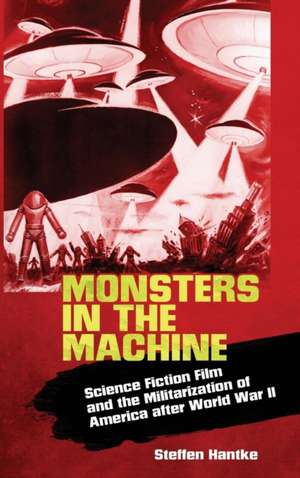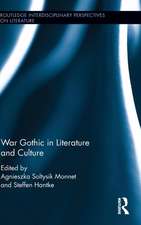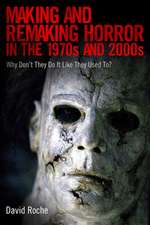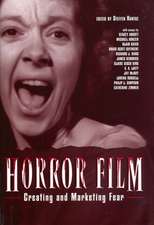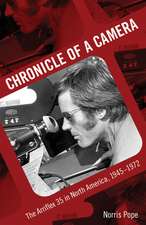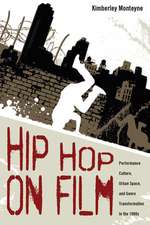Monsters in the Machine: Science Fiction Film and the Militarization of America After World War II
Autor Steffen Hantkeen Limba Engleză Hardback – 30 iun 2016
| Toate formatele și edițiile | Preț | Express |
|---|---|---|
| Paperback (1) | 275.32 lei 6-8 săpt. | |
| University Press of Mississippi – apr 2018 | 275.32 lei 6-8 săpt. | |
| Hardback (1) | 646.22 lei 6-8 săpt. | |
| University Press of Mississippi – 30 iun 2016 | 646.22 lei 6-8 săpt. |
Preț: 646.22 lei
Preț vechi: 839.24 lei
-23% Nou
Puncte Express: 969
Preț estimativ în valută:
123.65€ • 129.79$ • 102.63£
123.65€ • 129.79$ • 102.63£
Carte tipărită la comandă
Livrare economică 11-25 aprilie
Preluare comenzi: 021 569.72.76
Specificații
ISBN-13: 9781496805652
ISBN-10: 1496805658
Pagini: 240
Dimensiuni: 152 x 229 x 18 mm
Greutate: 0.53 kg
Editura: University Press of Mississippi
ISBN-10: 1496805658
Pagini: 240
Dimensiuni: 152 x 229 x 18 mm
Greutate: 0.53 kg
Editura: University Press of Mississippi
Notă biografică
Descriere
Descriere de la o altă ediție sau format:
During the 1950s and early 1960s, the American film industry produced a distinct cycle of films situated on the boundary between horror and science fiction. Steffen Hantke argues that these films have long been understood as allegories of the Cold War. Setting out to question, expand, and correct this critical argument, Hantke follows shifts and adjustments prompted by recent scholarly work.
During the 1950s and early 1960s, the American film industry produced a distinct cycle of films situated on the boundary between horror and science fiction. Steffen Hantke argues that these films have long been understood as allegories of the Cold War. Setting out to question, expand, and correct this critical argument, Hantke follows shifts and adjustments prompted by recent scholarly work.
